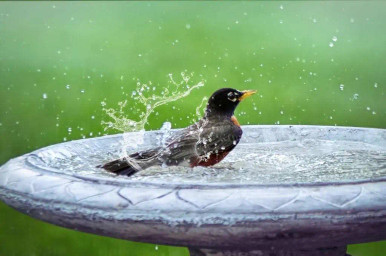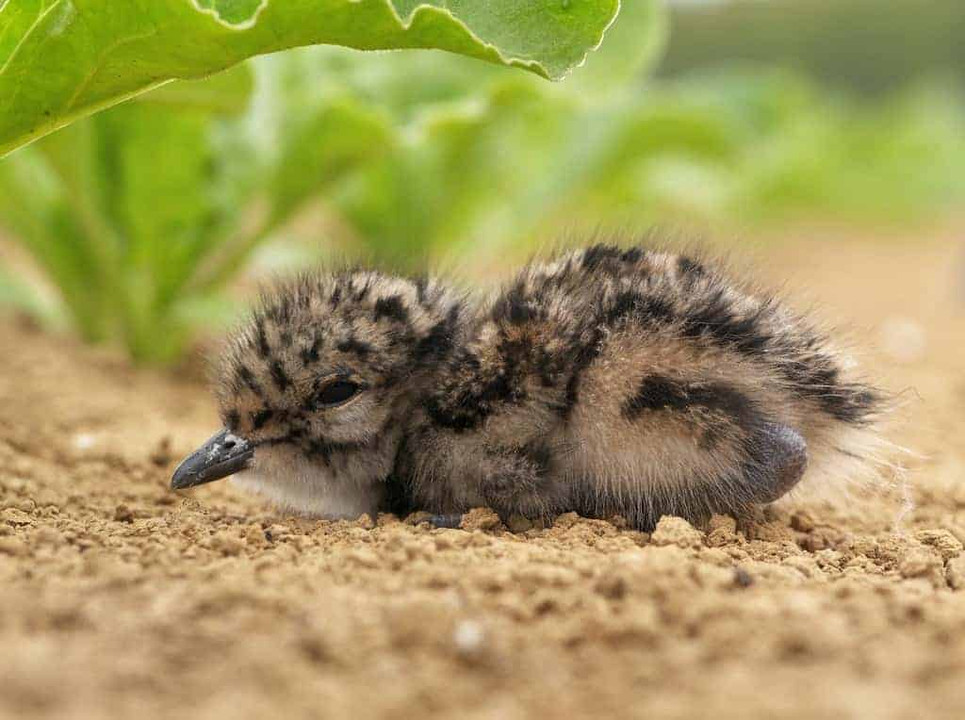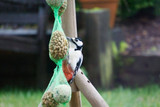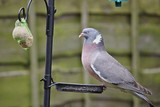Bird Flu Update
Avian Influenza, otherwise called Bird Flu, is a situation that many of us are well aware of now. Cascading through England and the rest of the world, bird flu has caused some detrimental effects on bird species globally. At Kennedy Wild Bird Food, we pride ourselves on offering expert knowledge and guidance on the latest bird and wildlife updates. Since we last updated you, there have been new findings and updates with bird flu - so we’re here to give you the most recent updates.
This blog is the most current Bird Flu update as of December 2022 for Kennedy Wild Bird Feed. If you want to read more about the problem occurring, there are other entries in our blog that highlight several findings throughout recent times.
What’s The Latest Situation With Bird Flu In England?
England and the United Kingdom as a whole have been directly impacted by the effects of bird flu. Since the outbreak of H5N1 - a highly pathogenic variant of bird flu started in October 2021, England has seen around 261 cases, 128 of those cases have been in the last 2 months.
Since October 2022, only 2 months ago, the United Kingdom has seen 142 cases of bird flu, as recently as just yesterday (8th December) when highly pathogenic avian influenza H5N1 was confirmed in commercial poultry in Mid Suffolk.
The risk of H5N1 is increasingly high.

Latest Cases
As well as the most recent case in Suffolk, there have been reports of other cases of bird flu throughout the UK that have resulted in poultry being humanely culled.
Commercial poultry at premises in Oxfordshire was recently reported as carrying the highly pathogenic H5N1 variant. The 10km surveillance zone has since been revoked thanks to the appropriate completion of disease control activities.
Other areas of England in which bird flu has been found include Staffordshire and Somerset, both cases were found in poultry.
What You Can Do To Help Stop The Rise Of Bird Flu
On top of attending the UK Government’s “stop the spread” webinars, there are a number of things we can do to avoid the rapid rise of bird flu and protect wildlife.
There are several hygiene and biosecurity measures put in place to protect birds from avian influenza. In order to prevent the spread of bird flu, it’s important to understand the most common ways in which it is passed on.
The main causes of bird flu come from contact with:
- Infected birds’ faeces, carcases or feathers
- Wild birds, in particular waterfowl.
- Dirty vehicles and equipment
Although unbelievably rare, bird flu can infect humans and so there are steps we should put in place - especially for those who own poultry or wild birds, to protect our animals and ourselves.
Ways in which you can prevent transmission include:
- Keeping your birds away from other wild or captive birds
- Maintain birdhouses or sheds
- Fence off water like ponds
- Dispose of damaged eggs, dead birds and manure quickly and safely
- Avoid direct contact with live poultry
Why You Should Still Feed Birds
We appreciate that the increasing dangers of avian influenza can put many people off welcoming birds into their homes, however, don’t let this be a deterrent!
Feeding birds is crucial for the wellbeing of wildlife. It is extremely unlikely that feeding birds in your garden will lead to you catching bird flu, so long as you take the necessary safety and hygiene precautions such as cleaning bird feeders, disposing of old bird food and washing your hands after handling bird food.
How We Can Help
Our team at Kennedy Wild Bird Food are on hand to answer any queries or concerns you may have regarding bird flu.
You can contact our team on 01778 342665
Or email info@kennedywildbirdfood.co.uk
Explore Popular Articles
-
Signs of Overfeeding Fish: How to Spot and Prevent it
7th May 2024Do you know that fish are more likely to die from overfeeding than starvation? One of the mos
-
8 Easy Ways to Attract Woodpeckers to Your Garden
8th Apr 2024Woodpeckers are among the most interesting birds known for their drumming sound and bright colours.
-
How to Protect Your Bird Feeders from Pigeons ?
28th Mar 2024You must have noticed damaged feeding ports, hanging mechanisms, perches, lids and bottoms. Who coul




